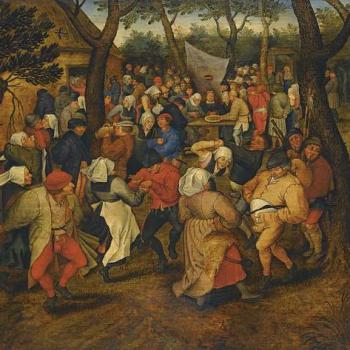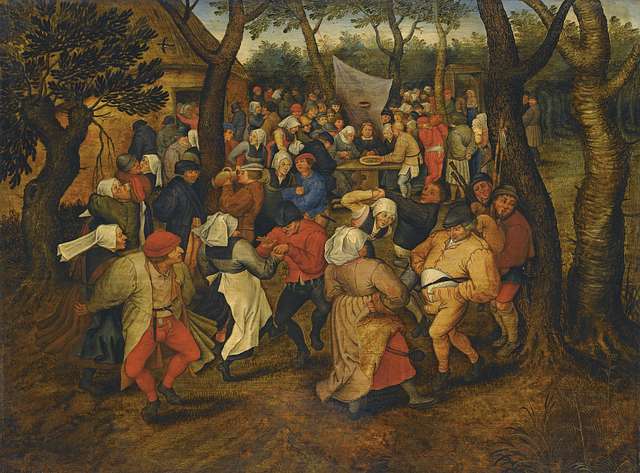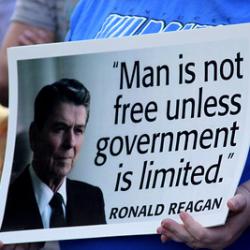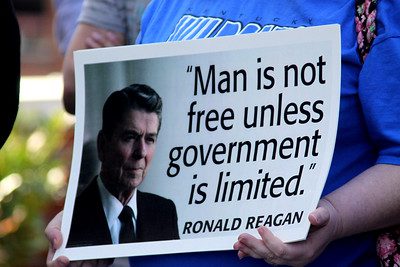Nathaniel Lamansky has written a thought-provoking article for the Catholic publication Crisis Magazine entitled Adopting a Medieval-Peasant Mindset.
So often we get bent out of shape because of what we learn about in the news. Today we have access to depressing news from around the world. We can’t do anything about what happened, so we get angry and frustrated and unhappy.
Medieval peasants, on the other hand, knew little about what was happening beyond their own little community. Their concern was focused there. And often they could do something about those local problems.
Lamansky recommends that we adopt more of the mindset of the peasant:
When tempted to unrighteous anger at what is beyond our control, we should follow the example of some saintly and joyful medieval peasant. He has little practical use for such trivialities as global news because his priorities are organized in importance from the local to the distant. After all, the harvest must be brought in, the Church roof is in need of mending, and Christmas festivities are right around the corner. Why fret over what is outside one’s own humble slice of this earth?
We should tone down our obsession with the news, with what is happening in Washington or Ukraine, and focus on our own lives and our own circles of relationships.
There is a measure of wisdom here. Some of us probably do get fixated on the news–and politics, and solving the world’s problems–more than is healthy for us. We should sometimes take a break from that–or a fast–and relax a bit. And channel our zeal onto our “own humble slice of this earth.”
I worry, though, that adopting the medieval peasant mindset will encourage our leaders to adopt the medieval nobility mindset.
Yes, the medieval peasant didn’t have to worry about his government, its foreign policy, or the quality of its decisions. He had no say in such matters at all. There was no being liberal or conservative. He didn’t have a political ideology. He let his masters take care of the complicated business of governing. He didn’t have to.
I can see the attraction of that. Lifting the responsibility of self-government from our shoulders would take away a great deal of stress.
And yet, the image of the happy, carefree peasant is surely romanticized. Actual peasants did all of the back-breaking work while their masters–not them–enjoyed the fruits of their labor. When the kings bungled the economy, they were the ones who starved to death. When the king launched a war to defend his honor, the peasants were the ones who died, if not as cannon fodder as the victims of marauding armies, who “lived off the land,” often by plundering their own countrymen. Peasants were brutally used and abused.
We have blogged a great deal about “integralism,” the Roman Catholic neo-medieval political theory that rejects “liberalism”–that is, democracy, free markets, and individual rights–in favor of a Christian empire under the authority of the Pope. Most discussions of integralism focus on issues of ruling. I don’t know if Lamansky favors integralism, but he does us a service in reminding us of the perspective of the ruled.
In the Middle Ages, there were three Estates: the nobility (those who ruled); the commons (those who worked); and the church (those who prayed). The nobles supplied the political authority, the commons supplied the labor, and the church supplied the religion. These were three distinct classes. A person was a member of one Estate or the other. Theoretically, they all worked together for the common good, but in practice they comprised separate subcultures.
Luther countered this perspective with a brilliant and revolutionary innovation. There are indeed three estates, which God Himself established for human flourishing. They are the household (that is, the family and its economy), the church, and the state. But for Luther, everyone inhabits every estate! Everyone is a member of a family and everyone works to sustain it. Every baptized Christian is an equal member of the church. And everyone is a citizen of the state.
Furthermore, we all have multiple vocations in each of these estates. As a husband or wife, father or mother, son or daughter; as an employer or employee in the vast division of labor; as a pastor, layperson, or other church worker; as a ruler or citizen.
As a result, we all work. We all pray. And–in a corollary that took some time to become a reality–we all rule.
Illustration: Painting by Peter Brueghel (1614) via Picryl, Public Domain



















